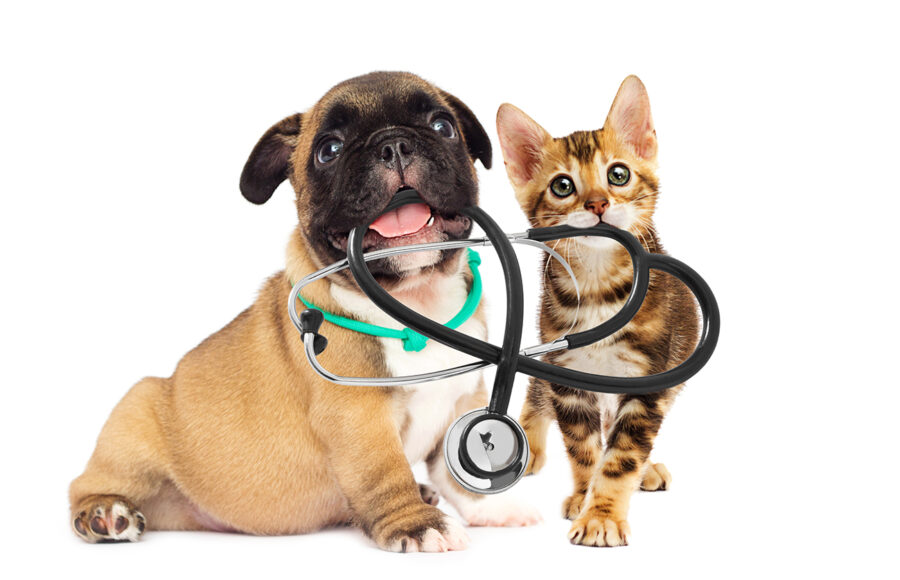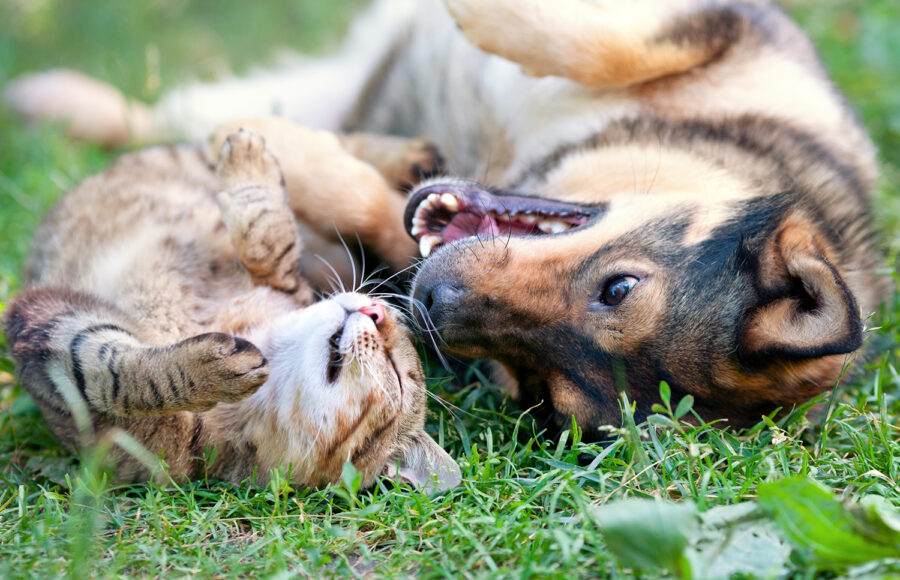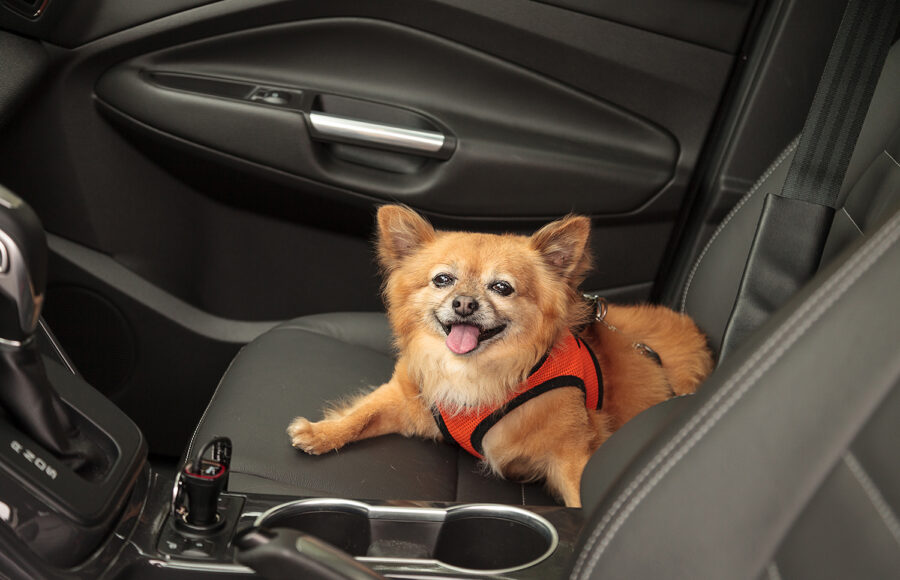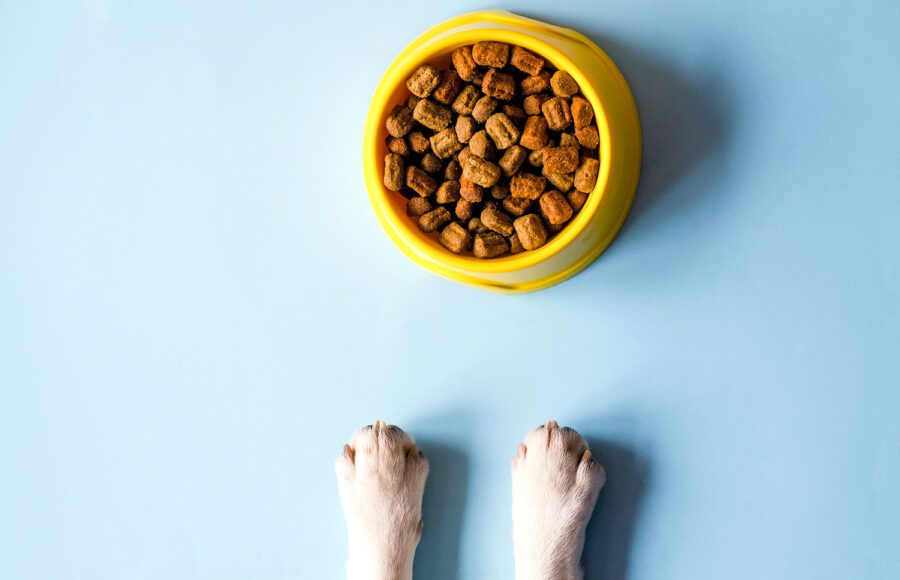
Pet Emergency Care
If you have an animal emergency, contact your veterinarian or emergency veterinary clinic immediately.
What would you do if:
- …your dog ate the bag of semi-sweet chocolate chips that was left out on the kitchen counter?
- …your cat had a seizure right in front of you?
- …your dog fell down the stairs and started limping?
- …your cat was overheating on a hot summer day?
To avoid the feelings of panic that may accompany these situations, we recommend the following steps to better prepare you for a pet medical emergency. The following links summarize the basics you need for giving first aid care to your pet.
Always remember that any first aid administered to your pet should be followed by immediate veterinary care. First aid care is not a substitute for veterinary care, but it may save your pet’s life until it receives veterinary treatment.
If you suspect or know that your pet has eaten or been exposed to a toxic substance or product, contact your veterinarian, emergency veterinary clinic, or the ASPCA Animal Poison Control Center [888-426-4435] immediately. A fee may apply.
Here are seven things you should know ahead of time, to be prepared for a possible emergency:
- Your veterinarian’s emergency phone number
- The local emergency clinic number
- How to get to the emergency clinic
- Poison Control Center number (888-426-4435)
- How to perform basic CPR on your pet
- How to stop bleeding and apply a basic pressure wrap
- How to muzzle your pet (to keep an injured pet from biting you)
Basic first-aid supplies
- Absorbent gauze pads
- Adhesive tape
- Antiseptic wipes, lotion, powder or spray
- Blanket (a foil emergency blanket)
- Cotton balls or swabs
- Gauze rolls
- Hydrogen peroxide (to induce vomiting—do this only when directed by a veterinarian or a poison-control expert)
- Ice pack
- Non-latex disposable gloves
- Petroleum jelly (to lubricate the thermometer)
- Rectal thermometer (your pet’s temperature should not rise above 103°F or fall below 100°F)
- Scissors (with blunt ends)
- Sterile non-stick gauze pads for bandages
- Sterile saline solution (sold at pharmacies)
- Tweezers
- A pillowcase to confine your cat for treatment
- A pet carrier
Pre-assembled first-aid kits
The hassle of creating a kit for your pet can be reduced by purchasing one pre-assembled.
Other useful items
- Diphenhydramine (Benadryl®), if approved by a veterinarian for allergic reactions. A veterinarian must tell you the correct dosage for your pet’s size.
- Ear-cleaning solution
- Expired credit card or sample credit card (from direct-mail credit-card offers) to scrape away insect stingers
- Glucose paste or corn syrup (for diabetic dogs or those with low blood sugar)
- Nail clippers
- Non-prescription antibiotic ointment
- Penlight or flashlight
- Plastic eyedropper or syringe
- Rubbing alcohol (isopropyl) to clean the thermometer
- Splints and tongue depressors
- Styptic powder or pencil (sold at veterinary hospitals, pet-supply stores, and your local pharmacy)
- Temporary identification tag (to put your local contact information on your pet’s collar when you travel)
- Towels
- Needle-nosed pliers




